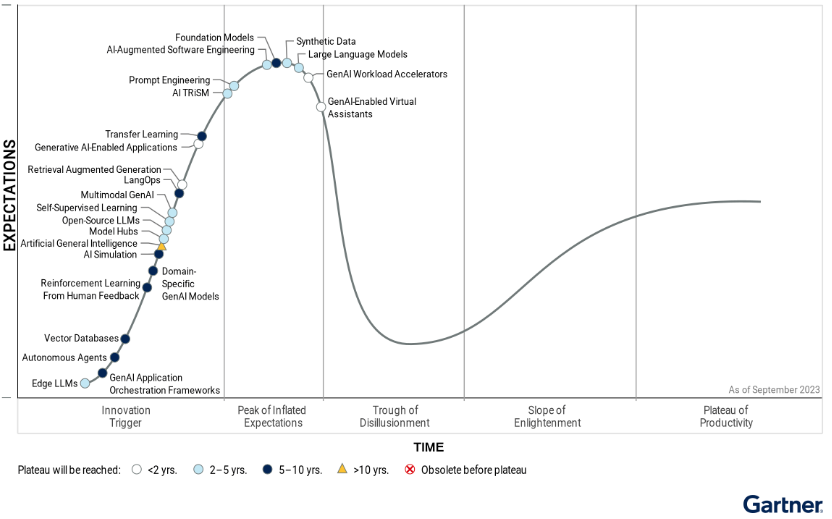Bridging the Present and Future with Generative AI: Insights from the WSJ and Gartner

From Idea to Implementation: Navigating the App Development Lifecycle
February 15, 2024
Join Theoris at the Best Buddies Friendship Walk in Downtown Indianapolis or Dine Out for a Cause
April 4, 2024Step into the realm of transformative innovation with generative artificial intelligence (AI), a dynamic force reshaping industries and revolutionizing work as we know it. In this blog, we explore the present and future implications of generative AI, uncovering captivating insights from Wall Street Journal (WSJ) and Gartner. Keep reading to explore the innovative applications and potential trajectories of this groundbreaking technology, illuminating the path towards a future defined by limitless possibilities.
Exploring Today’s Innovations
In their recent piece, “How Did Companies Use Generative AI in 2023? Here’s a Look at Five Early Adopters,” the Wall Street Journal uncovers intriguing applications of generative AI. Among the highlights are:
- Wayfair’s Interior Design Revolution: Boston-based online furniture retailer Wayfair employed generative AI to assist customers in redesigning living spaces. Their Decorify tool, powered by image-generation AI models, offered personalized design suggestions, revolutionizing the interior design experience.
- Schneider Electric’s Energy-efficient Solutions: Schneider Electric, a global leader in electrical products, strategically adopted smaller AI models to optimize energy consumption. By leveraging OpenAI’s GPT-3.5 model, the company streamlined internal processes while minimizing environmental impact, showcasing a sustainable approach to AI integration.
- Expedia’s Enhanced Travel Experiences: Online travel giant Expedia embraced chatbots powered by generative AI to personalize customer interactions and automate processes. By leveraging vast customer data, Expedia drove personalized recommendations and streamlined booking processes, enhancing the overall travel experience.
These examples showcase how companies are leveraging generative AI to enhance user experiences and operational efficiency, paving the way for innovation across industries.

Peeking into the Crystal Ball
Looking ahead, Gartner forecasts significant advancements in generative AI adoption. By 2026, they anticipate over 80% of enterprises will have embraced generative AI APIs and applications. This projection underscores the technology’s growing significance in driving innovation and decision-making processes across industries.
Key Technologies on the Horizon
Gartner identifies three pivotal technologies shaping the future of generative AI:
- GenAI-Enabled Applications: These applications accelerate tasks and personalize experiences, enhancing user engagement and productivity.
- Foundation Models: Serving as the backbone of AI, foundation models enable digital transformations and foster the creation of innovative products and services.
- AI Trust, Risk, and Security Management (AI TRiSM): Ensuring the governance and reliability of AI systems, AI TRiSM frameworks mitigate risks associated with AI implementation, safeguarding data integrity and user privacy.
These technologies, highlighted in Gartner’s Hype Cycle, offer a glimpse into the future of generative AI and its potential to revolutionize industries. As businesses navigate this transformative era, understanding and embracing these key technologies will be essential for driving innovation and maintaining a competitive edge.

Steering Towards the Future
Despite its transformative potential, the adoption of generative AI hasn’t been without challenges. High costs, the need for specialized talent, and concerns surrounding legal and privacy risks have tempered some businesses’ enthusiasm for fully embracing the technology. However, as evidenced by the early adopters highlighted in the WSJ article, many organizations are cautiously navigating these obstacles and incorporating AI into their operations. From automating tasks like writing code to bolstering customer support, generative AI is already reshaping enterprise technology and promising even greater transformations in the future.
For many of our readers in IT or engineering, it might be helpful to explore this article on essential engineering skills for the AI era offers indispensable insights, empowering them to excel in this evolving landscape. As AI integration gains momentum across industries, the demand for specialists well-versed in AI technologies is poised to skyrocket. This underscores the imperative for ongoing upskilling and staying abreast of the latest advancements in AI.




